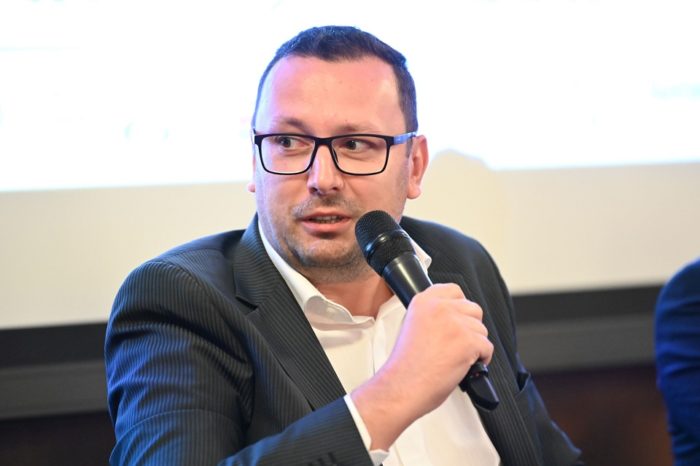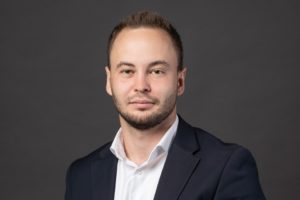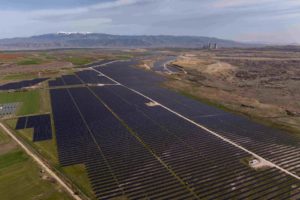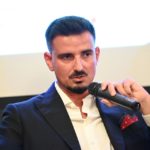Andrei Stefanescu, E.ON Energie Romania: “We guide our clients to make choices that will lead them to a positive sum game, not a zero-sum game”
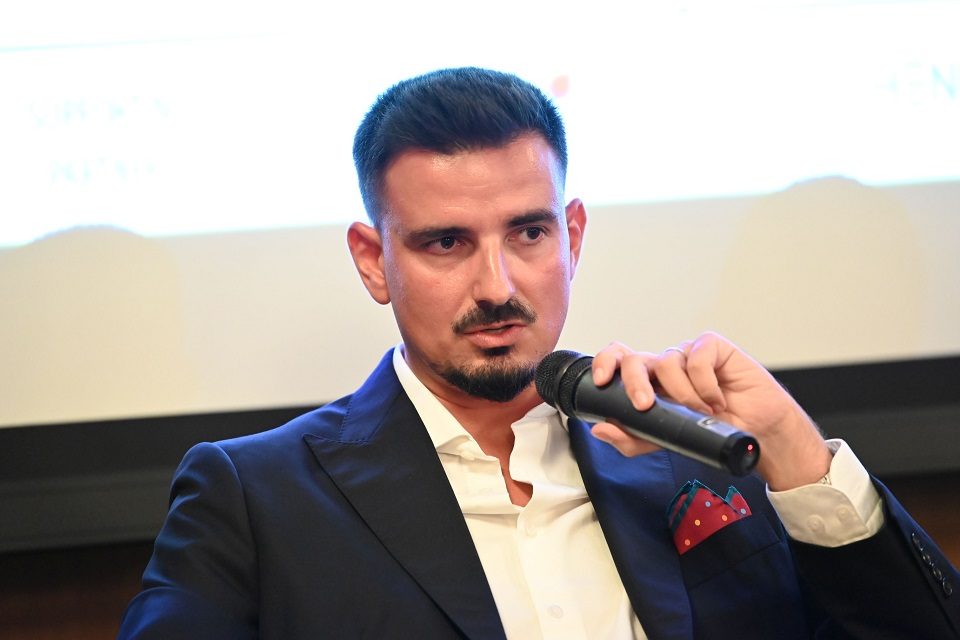
“Before we talk about smart, energy efficient solutions, we must go through some more steps. We must work together, and we have actively assumed this role of education in the sense of understanding and accepting the fact that we must do something. This would be the first level.
We then move on to efficiency through rationalization, because if we look at the entire value chain of energy efficiency, probably the most valuable things are those that cost very little or nothing.
After we have these foundations, we can discuss energy efficiency solutions or intelligent energy infrastructure,” Andrei Stefanescu, Deputy General Manager, E.ON Energie Romania said during Smart Transformation Forum organized by The Diplomat-Bucharest.
“At EU level, about 70 percent of greenhouse gas emissions are directly or indirectly related to energy. The urban environment is responsible for more than 3 quarters of these greenhouse gas emissions. What we are trying to do is to guide our clients to make choices that will lead them to a positive sum game, not a zero-sum game.
The positive sum game is the one in which – through the choices we make – we not only increase our comfort or reduce our costs, but also contribute to the well-being of the family and the protection of the environment.
Efficiency can come from very simple things, from consuming as much as we need, when and where we need it. The use of energy from renewable sources is an increasingly common option. We can talk about updating the electrical installations we have in the house to consume less.
When we talk about energy efficiency solutions, we must play an active role and come up with the demystification of complexity and the facilitation of understanding the benefits brought by these solutions, no matter if we are talking about residential micro-solutions, solutions for the industrial area or solutions for municipalities.
In the last year, we supported projects with 44 municipalities in the lighting area, reducing costs by about 60 percent in that area. We see more and more projects and funds available for increasing the level of energy independence and increasing the degree of use of energy from renewable sources at the municipal level.”
Full recording of the conference HERE



